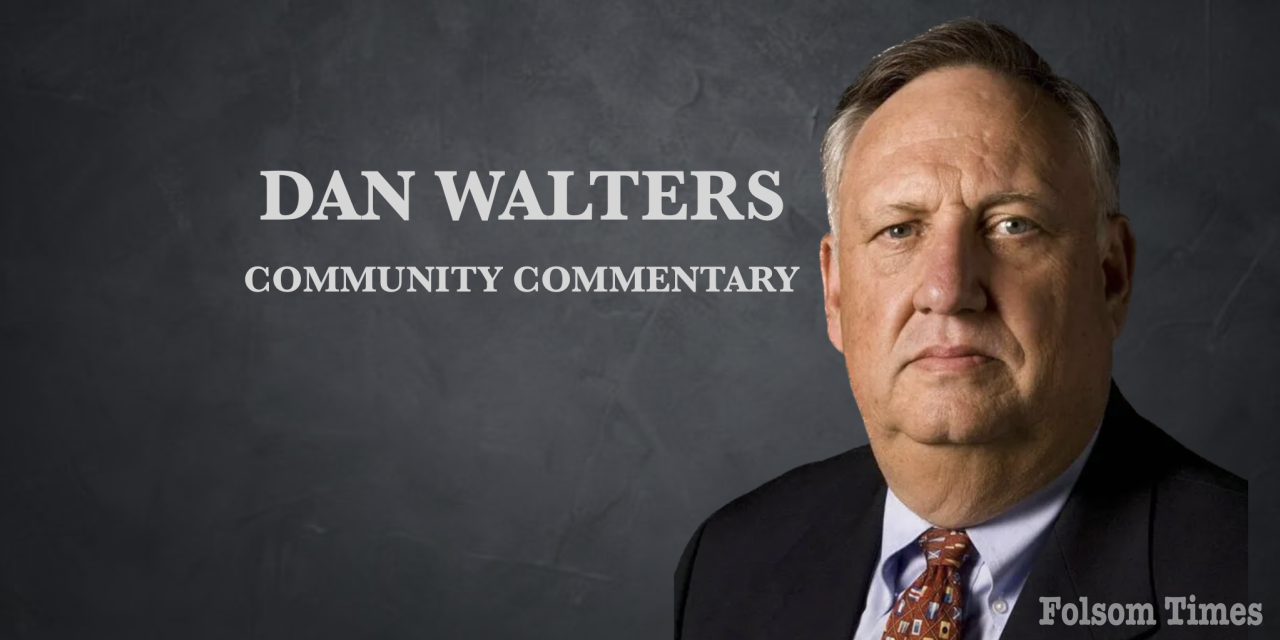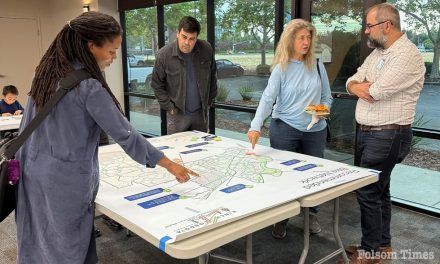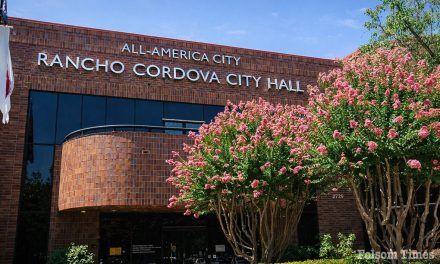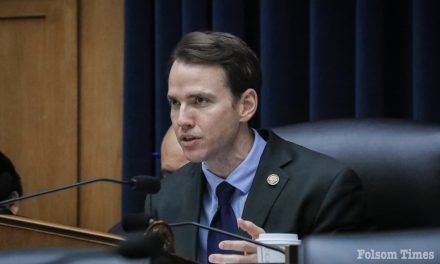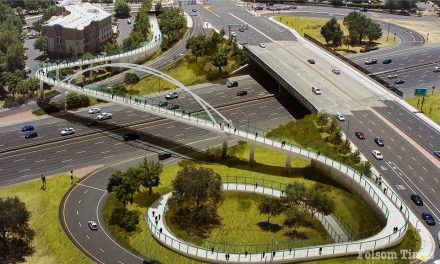While the Capitol is fixated on Gov. Gavin Newsom’s drive torearrange California’s congressional districtsin order to counter a pro-Republican gerrymander in Texas, there are several other pithy issues to resolve and just three weeks remaining in the legislative session.
They include a new effort tojumpstart housing construction, whether California shouldmerge its electrical power gridwith those of other Western states,regulation of artificial intelligenceand renewal of the state’scap and trade programfor reducing emissions of greenhouse gases.
All are fraught with political conflict, but those of cap and trade are particularly complex.
Each quarter, the state Air Resources Board auctions emission permits with proceeds being used, at least in theory, to reduce greenhouse gases. The program is due to end in 2030 andNewsom wants to renew itfor an additional 15 years, albeit with some tweaks.
The issue’s macro-politics are that while gas-emitting industries and business groupsfavor its renewalas a predictable way of meeting emission reduction goals, environmental groups see it asbusiness buying exemptions from pollution. They would prefer direct company-by-company regulation.
Within that conflict are other issues, such as steadily dropping proceeds from the emission auctions, which emitters with vital products should be given permits without cost, and how auction revenues should be spent.
Newsom wants the program to be renamed “cap and invest.” In thestate budget he signed in June, it declared the establishment of “a stable and predictable price on carbon pollution to drive deeper investments in carbon reduction and clean technologies.”
However, the more than $30 billion generated by the auctions to date are not always being spent on effective emission reduction programs. Some are being used instead to finance programs that are strapped for money.
For instance, Newsom wants to keep setting aside at least $1 billion a year in auction funds to keep the state’smuch-troubled bullet train projectalive. In theory, electric-powered trains would reduce carbon emissions by replacing auto and airline travel, but the data behind that rationale are shaky.
By the state’s own projections several years ago, a fully constructed north-south system wouldreduce auto travel by 16.3 million vehicle-mileseach day. That sounds impressive but is just shy of 2% of the nearly one billion miles Californians drive each day. Meanwhile, bullet train construction itself is emitting carbon.
Newsom also wanted auction funds to pay for fighting the state’s many wildfires, which are major sources of pollution. He already shifted $1 billion in the budget enacted this summer, and could add another $2.25 billion from cap and trade in the coming years. It would relieve the general fund budget of that burden, but would do little or nothing to prevent those fires.
One of the biggest issues, at least politically, is the impact on Californians’ living costs. It’s well-established that emitters pass on their costs as higher prices —23 cents per gallon of gasoline, the Legislative Analyst’s Office has calculated.
Chevron executive Andy Walz told a Public Policy Institute of California forum on the issue Thursday that refiners consider cap-and-trade costs as a major factor in deciding whether to continue operating in the state. California once had dozens of refineries but only nine remain and two of them have announced closure plans. Newsom and legislators, who only months ago were denouncing refiners as price-gougers, now arepleading with them to remain in businessto avoid big price increases during the conversion to a zero-emission economy.
Meanwhile, arecent poll by the PPICfound that while a majority of Californians want the state to reduce carbon emissions, they also don’t want to pay higher energy costs from that effort.
That bifurcated attitude colors whether cap and trade will be renewed and how its costs will be borne.
Dan Walters is a journalist and author who writes forCALmatters.org, a nonprofit, nonpartisan media venture explaining California policies and politics. Folsom Times is an authorized CalMatters media partner in an effort to keep our local community up to date on happenings in the State Capitol.
